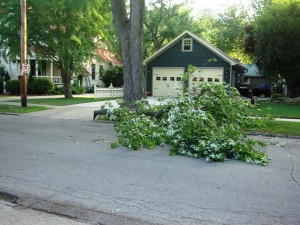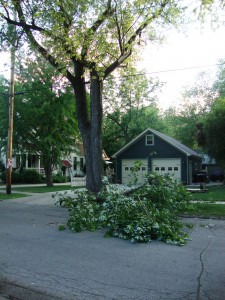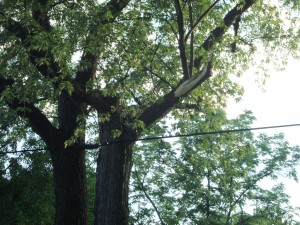In my circle of acquaintances, online or In Real Life (IRL), it would be hard to find anyone who doesn’t read or hasn’t heard of The Huffington Post. HuffPo, for short, provides commentary on many current and fascinating topics. HuffPo, however, isn’t the only sheet of value out there on the Interwebs. Since last autumn, a new face is gracing cyberspace: The Broad Side.
Recent Broad Side articles dealt with the Supreme Court decision on the Affordable Health Care Act, sometimes called Obamacare. Here, have a taste.
A guest commentary by Nancy Gruver states:
“The fact is that healthcare is a product like virtually none other in a capitalist economy. It isn’t governed by rational consumer decision-making. And it never will be.”
Angie Lynch talks about being fortunate enough to have good health coverage and adds:
“Before today, we were one of the lucky ones. From today forward, we are among the millions of U.S. citizens who do not have to worry about being lucky.”
Is Chief Justice Roberts a political mastermind or the destroyer of conservative hope? Find out one opinion here.
And finally, but not the last word I’m sure, one of my favorite pundits, Joanne Bamberger, weighs in here. A few sound bites? Of course I’ll share, with a Daisy reaction, of course.
“According to news reports, Republicans who were in the courtroom as the justices read their opinions had their jaws drop and their eyes rolled back in their heads. They did NOT expect this.” Oh, I wish I could have been there to hear the *thunk* as those jaws hit the floor.
“…this is amazing news for families who have been cut off from insurance because of pre-existing conditions, lifetime limits on insurance coverage and who couldn’t come up with out-of-pocket payments for preventative services, like mammograms, that some policies wouldn’t cover.” Yes, readers, Daisy and family resemble this remark. With two disabled family members, a history of depression for one, family history of cancer, and a young one approaching the magic age of 26, this ruling is a relief.
Looks like they need a Plan B (no, not that Plan B!) for attacking the President. Exactly. I couldn’t say it better.
The Broad Side: see for yourself. Real women, real opinions.




